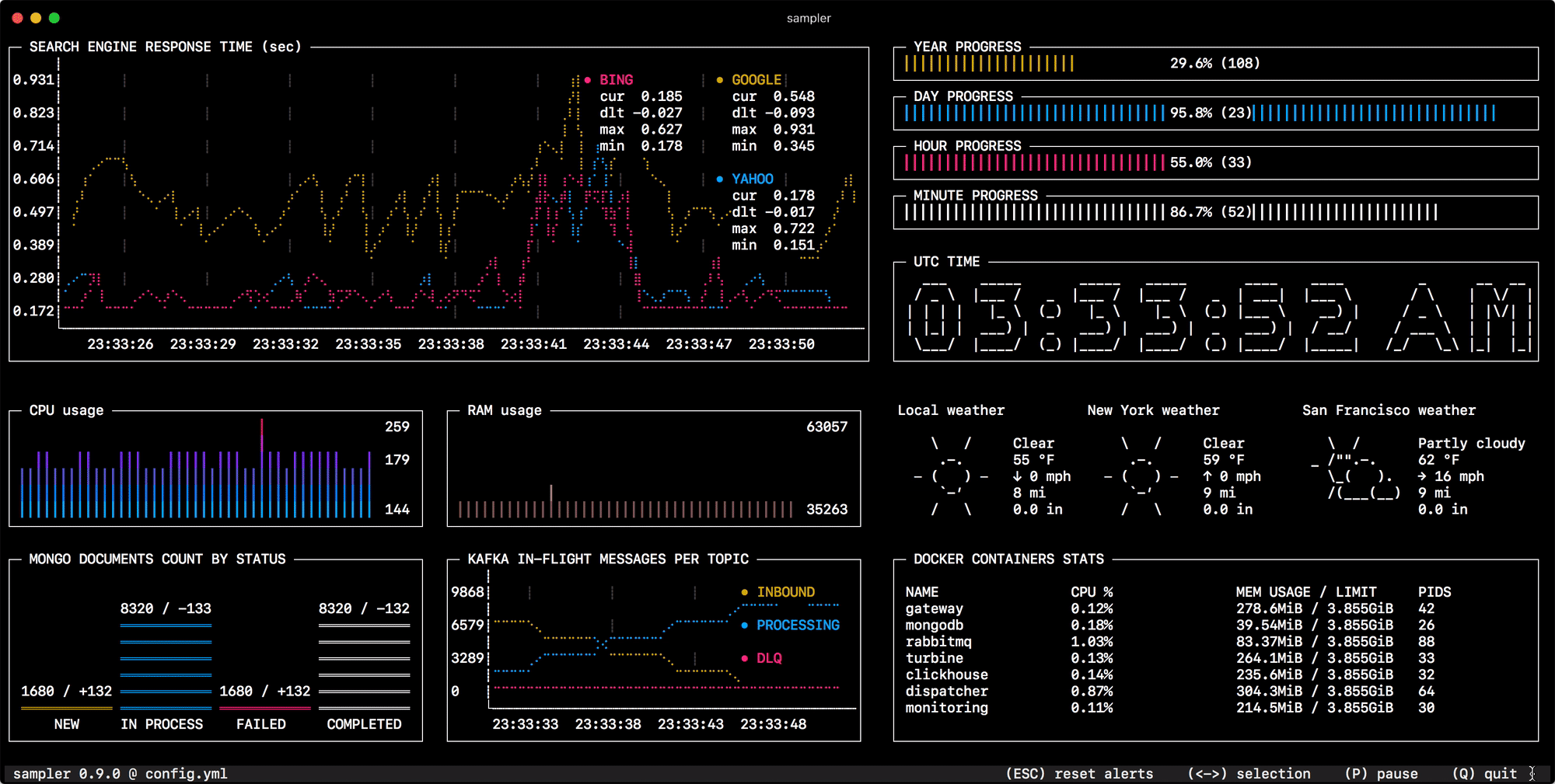sh
A shell parser, formatter, and interpreter. Supports POSIX Shell, Bash, and mksh. Requires Go 1.16 or later.
Quick start
To parse shell scripts, inspect them, and print them out, see the syntax examples.
For high-level operations like performing shell expansions on strings, see the shell examples.
shfmt
go install mvdan.cc/sh/v3/cmd/shfmt@latest
shfmt formats shell programs. See canonical.sh for a quick look at its default style. For example:
shfmt -l -w script.sh
For more information, see its manpage, which can be viewed directly as Markdown or rendered with scdoc.
Packages are available on Alpine, Arch, Docker, FreeBSD, Homebrew, MacPorts, NixOS, Scoop, Snapcraft, Void and webi.
gosh
go install mvdan.cc/sh/v3/cmd/gosh@latest
Proof of concept shell that uses interp. Note that it's not meant to replace a POSIX shell at the moment, and its options are intentionally minimalistic.
Fuzzing
We use Go's native fuzzing support, which requires Go 1.18 or later. For instance:
cd syntax
go test -run=- -fuzz=ParsePrint
Caveats
- When indexing Bash associative arrays, always use quotes. The static parser will otherwise have to assume that the index is an arithmetic expression.
$ echo '${array[spaced string]}' | shfmt
1:16: not a valid arithmetic operator: string
$ echo '${array[dash-string]}' | shfmt
${array[dash - string]}
$((and((ambiguity is not supported. Backtracking would complicate the parser and make streaming support viaio.Readerimpossible. The POSIX spec recommends to space the operands if$( (is meant.
$ echo '$((foo); (bar))' | shfmt
1:1: reached ) without matching $(( with ))
- Some builtins like
exportandletare parsed as keywords. This allows statically building their syntax tree, as opposed to keeping the arguments as a slice of words. It is also required to supportdeclare foo=(bar). Note that this means expansions likedeclare {a,b}=care not supported.
JavaScript
A subset of the Go packages are available as an npm package called mvdan-sh. See the _js directory for more information.
Docker
To build a Docker image, checkout a specific version of the repository and run:
docker build -t my:tag -f cmd/shfmt/Dockerfile .
This creates an image that only includes shfmt. Alternatively, if you want an image that includes alpine, add --target alpine. To use the Docker image, run:
docker run --rm -v $PWD:/mnt -w /mnt my:tag
pre-commit
It is possible to use shfmt with pre-commit and a local repo configuration like:
- repo: local
hooks:
- id: shfmt
name: shfmt
minimum_pre_commit_version: 2.4.0
language: golang
additional_dependencies: [mvdan.cc/sh/v3/cmd/[email protected]]
entry: shfmt
args: [-w]
types: [shell]
Related projects
The following editor integrations wrap shfmt:
- format-shell - Atom plugin
- intellij-shellcript - Intellij Jetbrains
shell scriptplugin - micro - Editor with a built-in plugin
- shell-format - VS Code plugin
- shfmt.el - Emacs package
- Sublime-Pretty-Shell - Sublime Text 3 plugin
- vim-shfmt - Vim plugin
Other noteworthy integrations include:
- Alternative docker image by PeterDaveHello
- modd - A developer tool that responds to filesystem changes
- prettier-plugin-sh - Prettier plugin using mvdan-sh
- sh-checker - A GitHub Action that performs static analysis for shell scripts
- mdformat-shfmt - mdformat plugin to format shell scripts embedded in Markdown with shfmt



